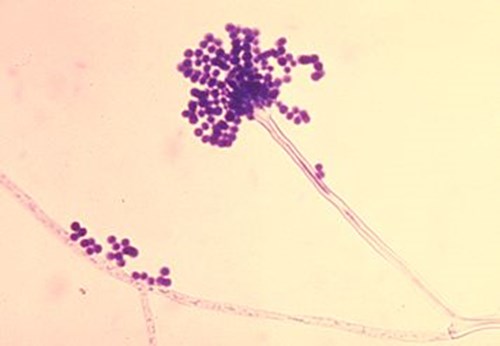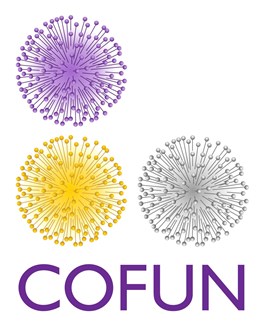The Aspergillus fumigatus genome-wide knockout collection

On the 1st of January 2018 a team led by Dr Mike Bromley at the University of Manchester embarked on a Welcome Trust funded project named COFUN that aims to generate knockout mutants for all of the coding genes in the human pathogen Aspergillus fumigatus. In total, the group expect to generate in the region of 10,000 strains. The team in Manchester have chosen the Culture Collection as their sole distributor for these isolates.

This resource will be deposited at PHE initially as sub-libraries. The first sub-library will consist of >400 transcription factor null mutants and will be available for purchase in April 2018. By early summer, libraries of kinase and phosphatase knockout mutants will be made available.
About Aspergillus fumigatus: The filamentous fungus Aspergillus fumigatus is the primary etiological agent of invasive aspergillosis. It is very difficult to estimate a true figure of the incidence of invasive aspergillosis, but figures as high as 200K life-threatening infections per annum have been reported1. A. fumigatus also causes chronic diseases in the ostensibly immunocompetent population which reportedly affects around 3 million individuals and leads to around 400k deaths2. It has been estimated that around 20 million individuals have lifelong conditions caused by an immune hyperactivity to A. fumigatus. The therapeutic arsenal available to treat these diseases is limited and resistance is emerging rapidly. There is a desperate need to identify new way of combatting infection. This resource is being developed to support this effort.
To keep up to date with the development of this resource, follow us on Twitter @TheNCPF
References
-
Brown GD, Denning DW, Gow NA, Levitz SM, Netea MG, White TC. Hidden killers: human fungal infections. Science translational medicine. 2012;4(165):165rv13. DOI: 10.1126/scitranslmed.3004404
- gaffi. Fungal Disease Frequency. Retrieved from http://www.gaffi.org/why/fungal-disease-frequency
